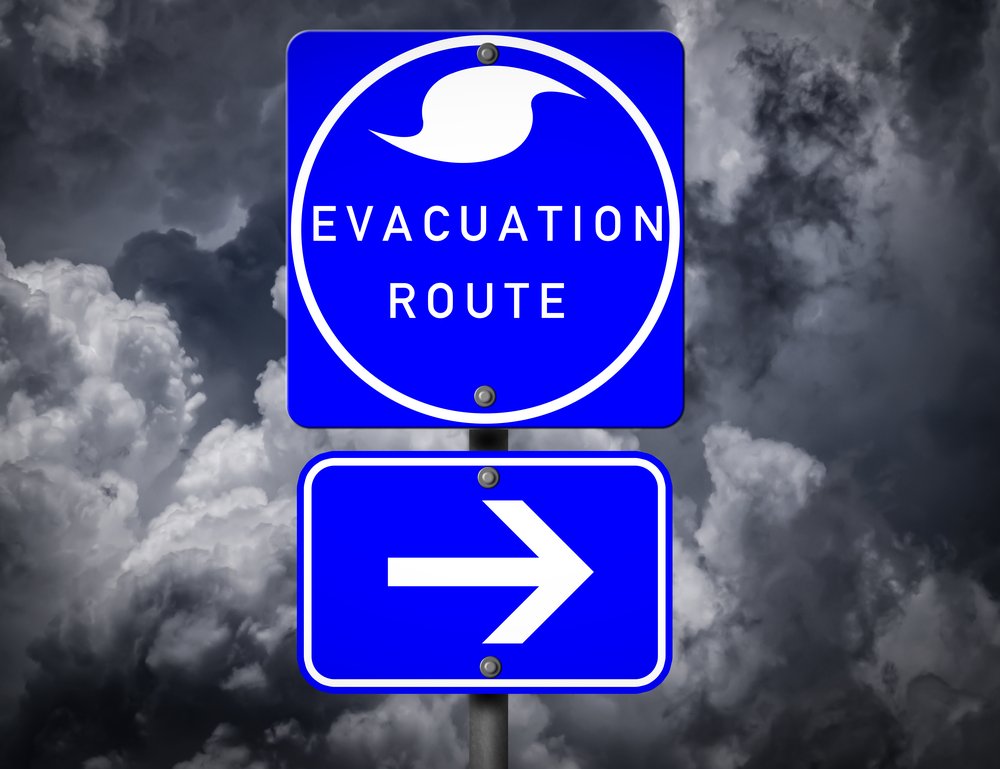
Legislators in the U.S. Senate and the U.S. House of Representatives marked the beginning of the 2018 hurricane season Friday by introducing legislation that would dedicate $1 billion to improve the capacity and resilience of the nation’s evacuation routes.
The Enhancing the Strength and Capacity of America’s Primary Evacuation Routes (ESCAPE) Act would take steps to ensure that critical transportation networks remain passable in the aftermath of disasters. Under the bill, funds would be allocated to state and local agencies to secure mass evacuation routes.
U.S. Sens. Edward Markey (D-MA) and Elizabeth Warren (D-MA) and U.S. Reps. Bill Keating (D-MA) and John Garamendi (D-CA) cosponsored the bill. Markey said roads, ports, airports, waterways, and railways play an instrumental role in mass evacuations and expediting recovery and emergency response efforts.
“In a time of emergency, Massachusetts residents shouldn’t have to think twice about the best way to get their families to safety,” Markey said. “The ESCAPE Act will help ensure that the nation’s evacuation routes have the capacity and resilience they need to fully serve their critical role.”
The ESCAPE Act would provide funding for planning evacuation routes, acquiring signage and traffic management equipment, ensuring resilience by protecting or relocating vulnerable routes, and increasing capacity or constructing new evacuation routes.
Keating said the bridges over Cape Cod Canal are “a lifeline” for residents and it is essential to recognize that critical infrastructure elsewhere across the nation plays a fundamental role in ensuring public safety.
“Undoubtedly, ensuring we provide the funding necessary for the safest, most resilient evacuation routes should be paramount,” Keating added. “With both manmade and natural disasters continuing to threaten our residents, the ESCAPE Act will provide much-needed infrastructure security so people on the Cape—and around the country—can focus on finding safety for their loved ones in emergency situations, not whether the route to that safety will be able to get them there.”
Raul Garcia, senior legislative counsel at the environmental law firm Earthjustice, agreed that building resilient infrastructure to support evacuations is “essential to give communities the best chance to stay safe when disasters occur.”




